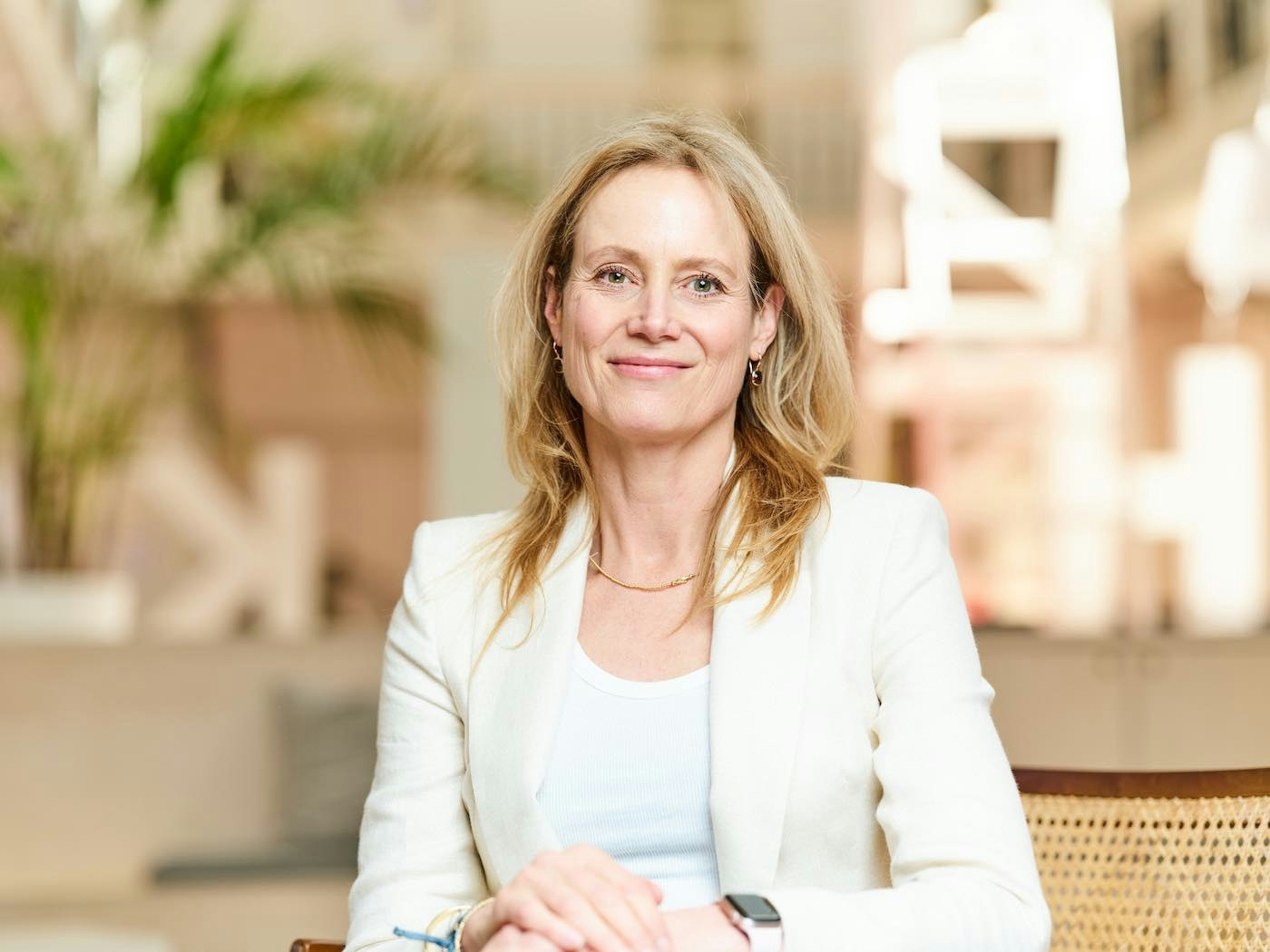Most people are in agreement that the world needs to wake up and find solutions to the climate crisis. What's less universally agreed on is how best to do that.
Some people argue that the solution to carbon-intensive air travel is to fly less and reduce business trips. That isn’t the view of Yoann Berno, general partner of Climentum, a new European VC firm hoping to “dramatically cut” CO2 emissions and accelerate Europe’s green transition.
“Everyone wants to cut down on air travel, but we can't do it just like that,” he says. “It’s the way we conduct business today, we have a desire to travel and experience life. That's incompressible.”
That’s why Climentum — which is today announcing a first close of a fund targeting €150m (but not disclosing the exact amount raised) — is setting out to invest in next-generation technologies like hydrogen planes, which Berno thinks could hit commercial viability in five years (if some of the startups they’re talking to are to be believed).
It will also, unlike just about every other tech investor, not be investing in software.
Weening off the software drug
“Software is a bit of a drug… As an industry, VC has gained so much by investing in software — the easy stuff — that we’re sort of addicted to it,” Berno says. That means Climentum wouldn’t invest in some popular climate tech solutions like carbon accounting software. “We're looking for something that really has an enormous direct impact, so you have to go to the atom level. You have to move things. You have to shake things up.”
Climentum will be investing in deeptech hardware (“physical stuff”), with a bias towards B2B. One startup that the firm is planning to invest in (but hasn’t finalised just yet) can achieve sustainable recycling of fibreglass wind turbine blades — something that, until now, has not been widely doable.
Berno says that the fund will be looking to invest in new technologies like that rather than trying to accelerate climate tech that is already in use.
They [next-generation hardware startups] are more likely to become unicorns super quick
“It is not our role to finance wind or solar. But it is our role to start accelerating the deployment of green hydrogen, or modular nuclear reactors, or even fusion reactors, and also geothermal, and so forth and so on,” he says.
Berno believes that this thesis represents a return to original principles of VC, which “was created to invest in really risky stuff that is very fringe” and can “truly be life-changing for society”.
He also says that this is likely to provide bigger returns for investors than investing in more established tech: “They [next-generation hardware startups] are more likely to become unicorns super quick and return your money than the next software or mobile application.”
Accountability
Climentum will focus its attention on the six sectors that are the “highest emitting globally”:
- Next-gen renewables;
- Food and agriculture;
- Industry and manufacturing;
- Buildings and architecture;
- Transportation and mobility;
- Waste and materials.
And the fund’s LPs don’t just have to take Climentum’s word for it. The fund has devised something it calls a “dual carry”, which means that the partners will only get a share of the portfolio’s profits if the companies they invest in can be shown to have collectively contributed to a certain target level of carbon reduction over a given timeframe.
Berno says that he can’t reveal the exact target, but does say that it’s over a million tonnes of CO2, which is equal to more than 215k petrol cars being driven for a year.
Climentum isn’t the first European VC to set itself such a target — Berlin-based Revent has a similar structure in place.
The fund also has the highest ranking under the EU’s new sustainable finance regulations, an Article 9 classification. That means Climentum will have to follow strict rules on how it measures sustainability KPIs for the startups it backs before, during and after the investment.
This, according to Berno, has become a widely understood calling card for institutional LPs, which he thinks will become a bare minimum for climate funds: “They [LPs] understand that Article 9 is the highest level of accountability when it comes to CO2 targets. It will become the norm more and more.”
Good timing?
Berno adds that it hasn’t been easy to finalise a first close of a tech fund during the start of a downturn, but does believe that the timing couldn’t be better for climate tech.
He says LPs who don’t normally invest in tech — like traditional banks and big conglomerates — are starting to back climate innovation.
2030 is really the halftime where, if you haven't made drastic changes in your supply chains [...] you’re in trouble
Berno thinks this is partly due to the fact that the EU’s carbon neutrality plan is approaching its first milestone in 2030: reducing CO2 emissions by 55%. And while it’s not legally binding, many large corporates have staked their reputations on staying in line with the roadmap.
“Globally, most of the enormous conglomerates have set really ambitious targets,” he says. “2030 is really the halftime where, if you haven't made drastic changes in your supply chains, the way you consume and the way you import, you’re in trouble.”
Climentum believes that this will encourage many big organisations to look for acquisitions in climate tech, as a way to bring them up to speed with their own targets.
And, given that an IPO might not be the best way for startups and scaleups to exit in the coming years, it doesn’t sound like a bad plan for Climentum to get a solid return for its investors.



